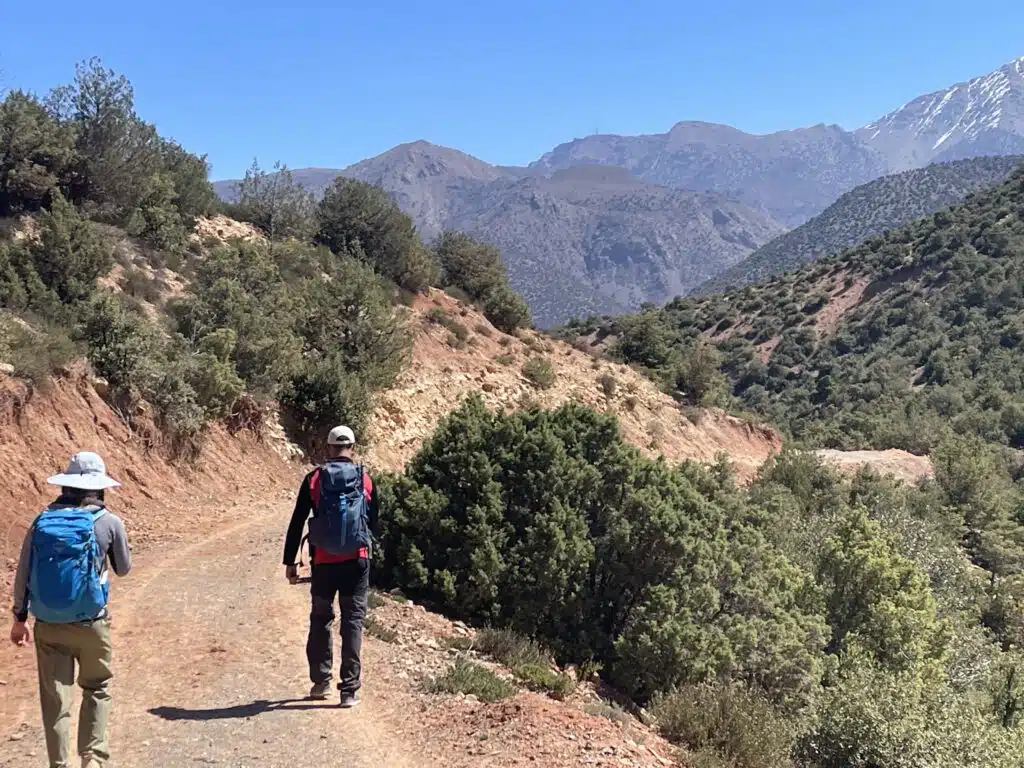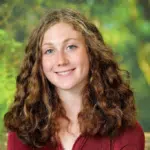
Unsung Climate Hero: Wisdom from a Berber High Atlas Mountain Guide
Fairfax, VA
2023, Senior, Interactive & Multimedia
Climate Hero: Hussain, Ourigane Ecolodge
Podcast Description: Some of the most impactful climate heroes are the ones you’ve never heard of. For four days, Hussain of the Ourigane Ecolodge guided my family and me through the craggy High Atlas Mountains in Morocco. Hussain is an outspoken environmentalist in his rural village; climate change threatens his livelihood and the land his ancestors have treasured for millennia. Learn about how many Berber communities in the High Atlas Mountains are returning to the sustainable ancient farming methods of their nomadic ancestors, and abandoning modern irrigation systems that deplete Morocco’s precious groundwater reserves. Plus, hear about how climate change is impacting Morocco from someone who spends thousands of hours each year trekking through the wilderness.

Reflection
Reflection
For over four years, I’ve produced Changing Planet Justice, a podcast that explores how climate change disproportionately impacts marginalized communities around the globe. I visited Morocco with my family, hoping to find the answer there. I came prepared with my mini-microphone, and as always, kept my eyes peeled for signs of climate change's impact on local communities. I spent four days trekking the High Atlas Mountains with Hussain, whose Berber heritage and home in Imlil gave him a unique perspective on the nomadic people who roam the surrounding hillsides. I interviewed Nordeen, a Moroccan native from Tinghir who’d watched the oasis and its irrigation system change over decades. I met with the head of the High Atlas Foundation about their women's empowerment and climate change mitigation initiatives. When I witnessed first-hand climate change’s impact on the food security of the nomadic citizens of Morocco, I knew that this would be the focus of my submission. Climate change, and the impending devastation of our planet, constantly weighs on me. When I discuss this gnawing sense of doom with my friends, we fall silent after a while. Politically paralyzed, and without a stake in the financial game, we are frustratingly limited to peaceful resistance and speeches that draw tears, but fall on deaf ears. I want not only to be heard, but to be listened to. In the field of climate justice, rhetoric is key. I want to speak to all the climate skeptics, the adults who say, “I’ll be dead by then anyway…”, the politicians who have bigger problems to worry about than global destruction, the economists driven by the short-term reward of gas guzzling industries, the school administrators who ignore emails about sustainability initiatives, the kids who have given up on climate change because they feel they can’t make a difference. I want to convince them all that change is possible. It requires momentum, dedication, and discomfort, but change is possible, and within reach.
